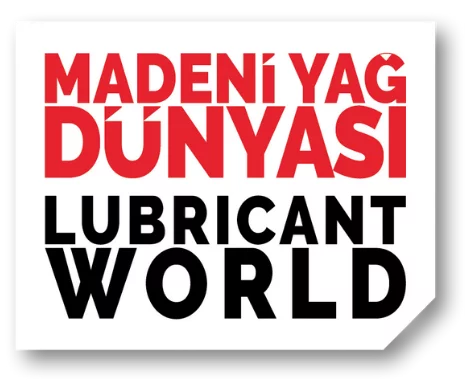The storage, transportation and packaging of lubricants, especially the packaging with plastic, aluminum and other metallic materials, boxes, bottles, cans, drums, and containers, as well as the proper management of waste packaging are crucial processes for sustainable production and consumption. Packaging is also important for the products to reach the customer without losing their quality, for enhancing their appeal and for the advertisement purposes.
The European Week for Waste Reduction (EWWR), the largest campaign and initiative with high stakeholder participation aimed at raising awareness of waste prevention in life, was held this year on 18-26 November 2023 with the theme “Packaging: Don’t Get Wrapped Up”. According to the latest data, 79.3 million tons of packaging waste was generated in the European Union in 2020, while single-use packaging waste has increased by more than 20% in the last decade. The projected increase in this value by further 19% by 2030 and the caused increase in greenhouse gas emissions by 66 million tons are at a fearful rate.
When you buy packed lubricants, you actually pay twice the price for two products, inside and outside. Also the planet pays for our mistakes. Consumers and industry have a lot to do with packaging. Packaging, from its production in the life cycle until it loses its useful life and most importantly, when waste is generated, destroys soil and water ecosystems and our life by causing environmental pollution, climate change and biodiversity loss, which are the three main urgent problems of our planet. Because there is raw material consumption, energy consumption and water consumption in the life cycle of packaging production. It is all cost. It is all waste when it is done. If waste is not managed properly when it is produced; all of them mean soil and sea pollution, changing the climate, destroying biodiversity, increasing negative impacts on the planet. No product is harmless for our planet. Because as the beautiful song says; “None of us are innocent”. While people produce for people again, they selfishly ruin the order of nature and the planet they share with plants, animals, and microorganisms.
Consumers can start to reduce packaging by adopting a shopping culture of choice by evaluating both the product and its packaging together. Consumers can be planet-friendly by learning how to reduce the purchase of packaged goods. We need to pay attention to the purchase of small and large lubricant packaging at refueling stations, car services, DIY stores and the management of packaging that has completed its useful life and waste packaging. Functional packaging and wrapping should be preferred. Consumers should read the labels to find out the contents of the packaging and how much of it is recycled from waste. There are lubricant packages containing recycled waste plastics in the Turkish market. Hurray! Products with refillable packaging should be prioritized. Consumer should also be well aware of the options for purchasing products in their own package. Consumers should also keep track of the possibility of separate collection of lubricant waste packaging to ensure that it can be valorized in the circular economy. Thus, a reduction in the purchase of packaged goods and planet friendly consumerism and sustainable living can be achieved.
The packaging industry also has a lot to achieve. While creating employment and income in the economy, it is essential to carry out eco-design in the life cycle management of packaging, in other words, to consider environmental impacts and resource efficiency together in the packaging development process. Eco-design is “all actions taken in product development that aim to minimize the environmental impact of a product throughout entire life cycle, without compromising basic product criteria such as performance and cost” and while producing easily recyclable packaging with eco-design, increasing the amount of recycled components in packaging can also be achieved in the circular economy. The target of our industrialists should be eco-designed packaging and strict monitoring of the waste management process of the packaging. Our brands offering lubricants to the market should not only praise their market share but also their circular economy-friendly and eco-designed packaging without doing green washing.




